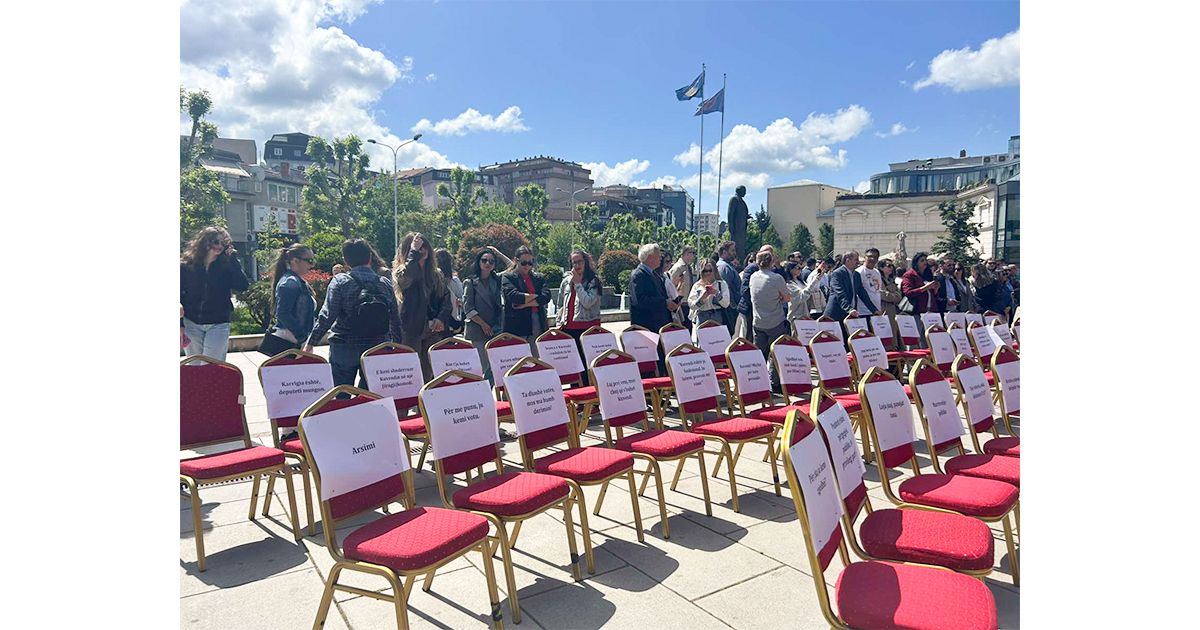The Kosovo Women’s Network (KWN) started the implementation of the project “Supporting Women Survivors of Sexual Violence”, which is financed by the UN Women Kosovo.
The implementation of this project will be achieved through distribution of sub-grants to four women’s rights organizations specializing in working with women survivors of sexual violence totaling an amount of €167,062.97, which will then provide micro-grants to women survivors of CRSV towards their economic empowerment, coupled with psychosocial support; joint advocacy to represent the interests of survivors to government officials and citizens more broadly; and regular coordination of key actors working to support women survivors of Conflict-Related Sexual Violence (CRSV).
This project will contribute to the realization of KWN’s own mission to support, protect and promote the rights and interests of women and girls throughout Kosovo, regardless of their political beliefs, religion, age, level of education, sexual orientation, and ability. It will contribute to the realization of KWN’s strategic objectives in its Strategy 2015-2018.
Further, it will contribute to the implementation of the UN Women Transitional Justice Project, which has the overall outcome that “Government and Security Actors in Kosovo advance the Implementation of the adopted 1325 action plans and specific commitment to the survivors of sexual violence.”
On March 20, 2014 the Law On the Status and the Rights of the Martyrs, Invalids, Veterans, Members of Kosovo Liberation Army, Civilian Victims of War and their Families was amended and supplemented to recognize the status of survivors of Conflict-Related Sexual Violence (CRSV). Currently, Kosovo authorities are in the process of operationalizing the independent Commission to implement the current legal framework to recognize survivors and provide limited benefits to them. While legal recognition is a significant benefit for survivors of CRSV, the material benefits provided under the current legal framework are still very limited.


